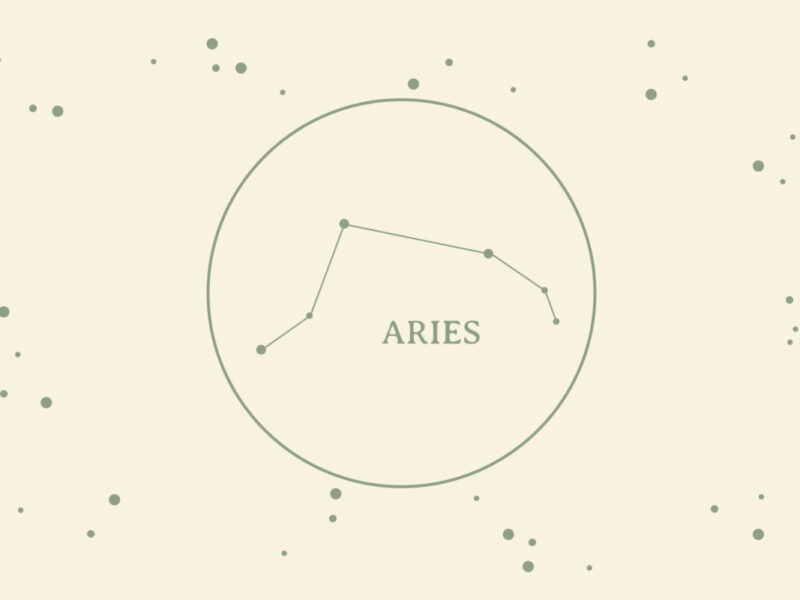My dream job as a kid was to be a literary agent. It seemed cool, glamorous, and, hello, getting paid to read? But aside from the fantasy, what do literary agents actually do for writers? Do poets need them? And how can you navigate the often exclusive, intimidating industry?
To break it down, literary agents empower their clients to focus on writing by handling the many business aspects of publishing. They use established networks to pitch books to editors and publishing houses, negotiate contracts, and facilitate communication between authors, publishers, and other related professionals. In exchange, agents receive a percentage of their authors’ proceeds—typically around 15 percent.
Here’s the truth: Most poets don’t have literary agents. Despite recent surges in sales, historically, poetry does not generate the same profit as fiction and other genres. Due to this, poetry represents only about one percent of agents’ work.
Other dynamics of the genre contribute to this estimate, as well: Most poetry publishers do not require agents, and accept direct submissions from poets. In fact, high-profile publications—think big names like The New Yorker, Poetry Magazine, and The Iowa Review—carry more weight than agent connections when it comes to a poet’s chances of having a full-length collection published. Some writing sites even report that poets typically only connect with an agent after extremely prestigious honors, such as being selected as a poet laureate.
However, that doesn’t mean that finding an agent is impossible or worthless. As with other writerly debates—traditional versus self-publishing, online versus print journals, and creative writing MFAs versus self-taught learning—, it’s up to each poet to make their own decisions about their goals and career.
That being said, no poet should fall into common, predatory traps. If you’re set on finding an agent, make sure to team up with a legitimate one, not a vanity publisher or a self-proclaimed “agent” without real connections.
How can you know the difference? Real agents will never ask for money or fees upfront or make you buy products (such as printed book copies) as part of your contract, rather, they make their proceeds from writers’ advances and sales. Similarly, real agents are unlikely to recruit clients through advertising. Along with these clear signs, do your research: What other authors and poets have this agent represented? Where are they located? What publishers have they worked with? Basic questions like these can rule out fakes.
In contrast, agents can typically be found using legitimate, well-respected sources. Try this reputable database from Poets & Writers, which can be filtered by genres that include poetry, literary fiction, memoir, and more. Follow agents on social media, where hashtags like #PitMad open up discussions on which agents are looking for new writers and what topics interest them. Other hashtags, like #AskAgent and #QueryTip, give followers a more behind-the-scenes look at what agents want and the overall process.
Though the robust online community has made connecting with writers, agents, publishers, and others in the business easier than ever, there’s something to be said for face-to-face interaction. If you’re undaunted by competitive application processes and have the funds, consider attending industry-leading conferences like Artists, Writers & Poets (AWP) and the Bread Loaf Conferences, which offer opportunities for poets to network with top agents.
And if you’re on the hunt for an agent, don’t be unprepared. Have a query letter, a one-page document that tells an agent why you want to be represented by them, what your book is about, and previous writing credentials. If this manages to hook a prospective agent, they’ll ask for a full manuscript, so make sure it’s ready, properly formatted, and typo-free.




